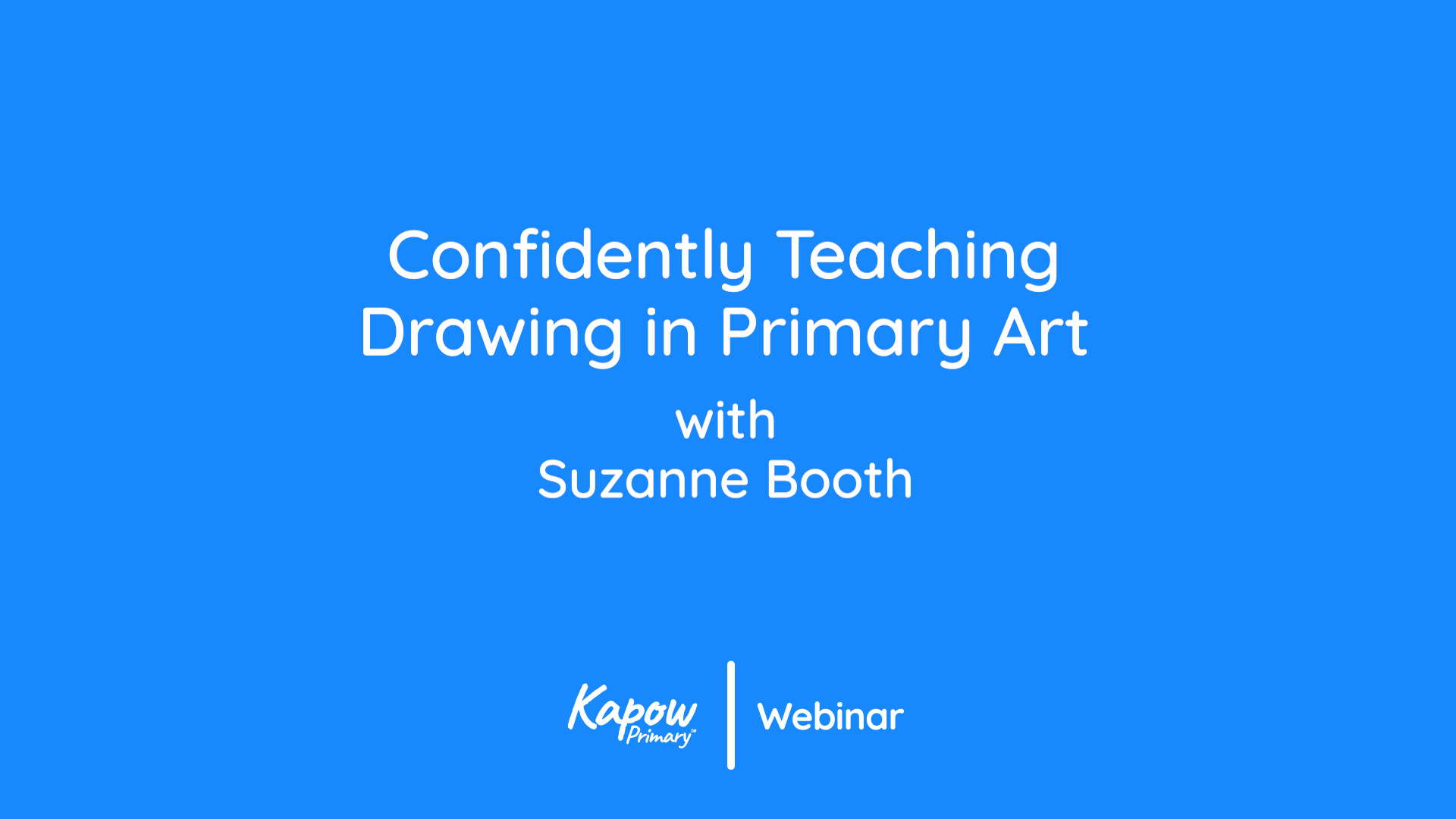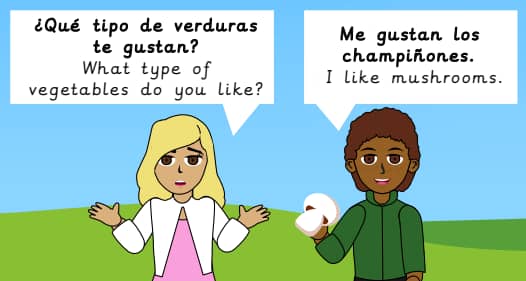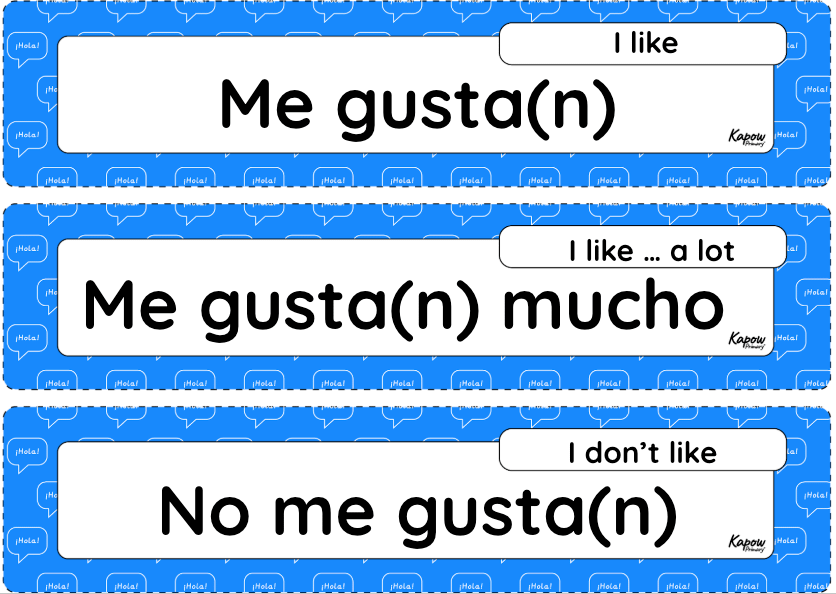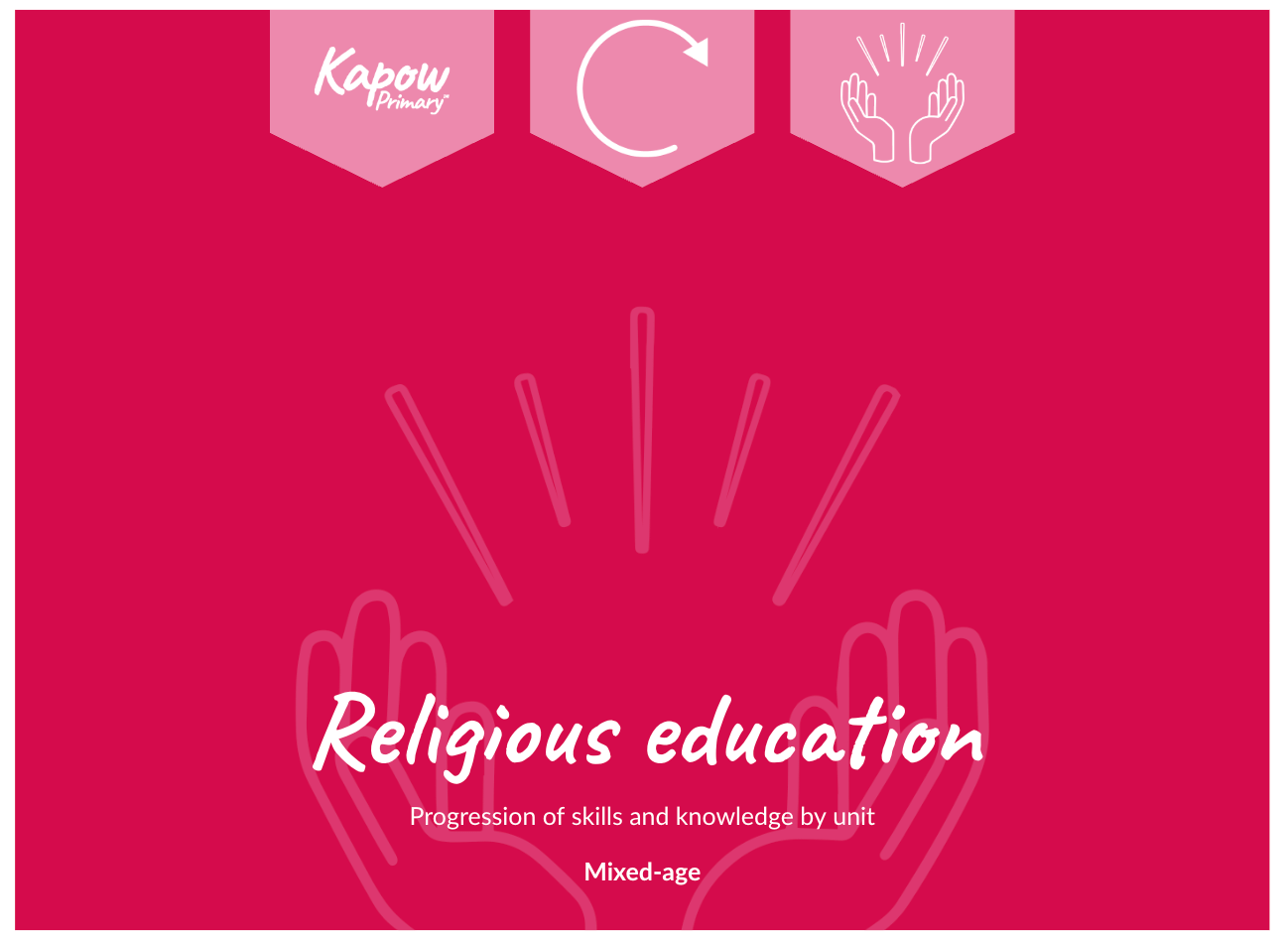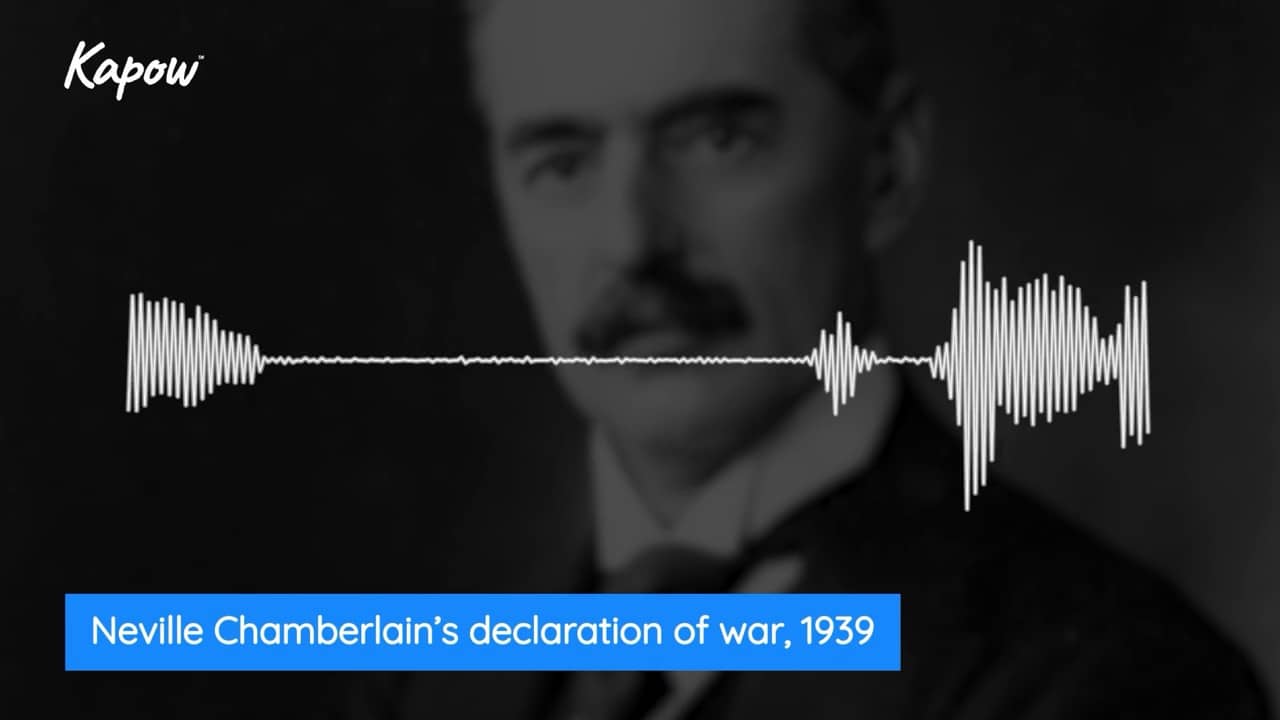year: Year 6
Webinar: Confidently Teaching Drawing in Primary Art
Discover how to teach drawing with confidence across the primary years. In this recorded webinar, Kapow Primary’s Art specialist Suzanne Booth shares practical advice and insights for teachers and subject leaders. Perfect for subject leaders and class teachers looking to boost their confidence and creativity in teaching drawing.
The session covers:
-
Key drawing skills from EYFS to Year 6, including shading, observation, and composition
-
How these skills link to the National Curriculum and support progression to KS3
-
An overview of Kapow’s refreshed drawing units
-
A live Q&A with tips for adapting drawing lessons to suit your pupils
Knowledge organiser – Spanish Y5/6 (B): Favourite foods in Spanish
A Knowledge organiser that captures the essential knowledge and skills learnt throughout the mixed-age unit Spanish, Year 5/6 (B), Favourite foods in Spanish.
This resource is designed to help pupils expand their Spanish food vocabulary and express preferences using simple sentence structures. It introduces key nouns such as el salmón, la cebolla, and las frutas, alongside expressions of likes and dislikes using me gusta, no me gusta and their plural forms. Pupils also practise asking and answering questions about food preferences through modelled dialogues. Illustrated vocabulary grids and engaging visual prompts support memory retention and conversational confidence.
Translations: Favourite foods in Spanish
Vocabulary display: Favourite foods in Spanish
R&W: Key skills and knowledge by unit — mixed-age
This document shows where the key knowledge and skills statements from our mixed-age R&W progression are covered within the scheme.
Cycle B information will be added when the scheme is fully available on the website.
Webinar: Sustainability in Primary Schools: A Roundtable Discussion
Join Kapow Primary’s experts for a practical discussion on how to embed sustainability across your curriculum. Discover everyday classroom ideas, whole-school actions, and how to engage pupils with climate topics. Plus, get a preview of our new sustainability collection.
Teacher video: Causes of World War 2
This History video introduces teachers to the key causes of World War 2. It explores the Treaty of Versailles, the rise of Adolf Hitler, the failure of appeasement and the global impact of the Great Depression.
This video is part of Kapow History’s What was the impact of World War 2 on the people of Britain? It helps teachers understand the historical events leading up to the outbreak of global war in 1939.
Teacher video: Oral histories
This video introduces teachers to oral history as a way of exploring the past through personal stories and recorded interviews.


